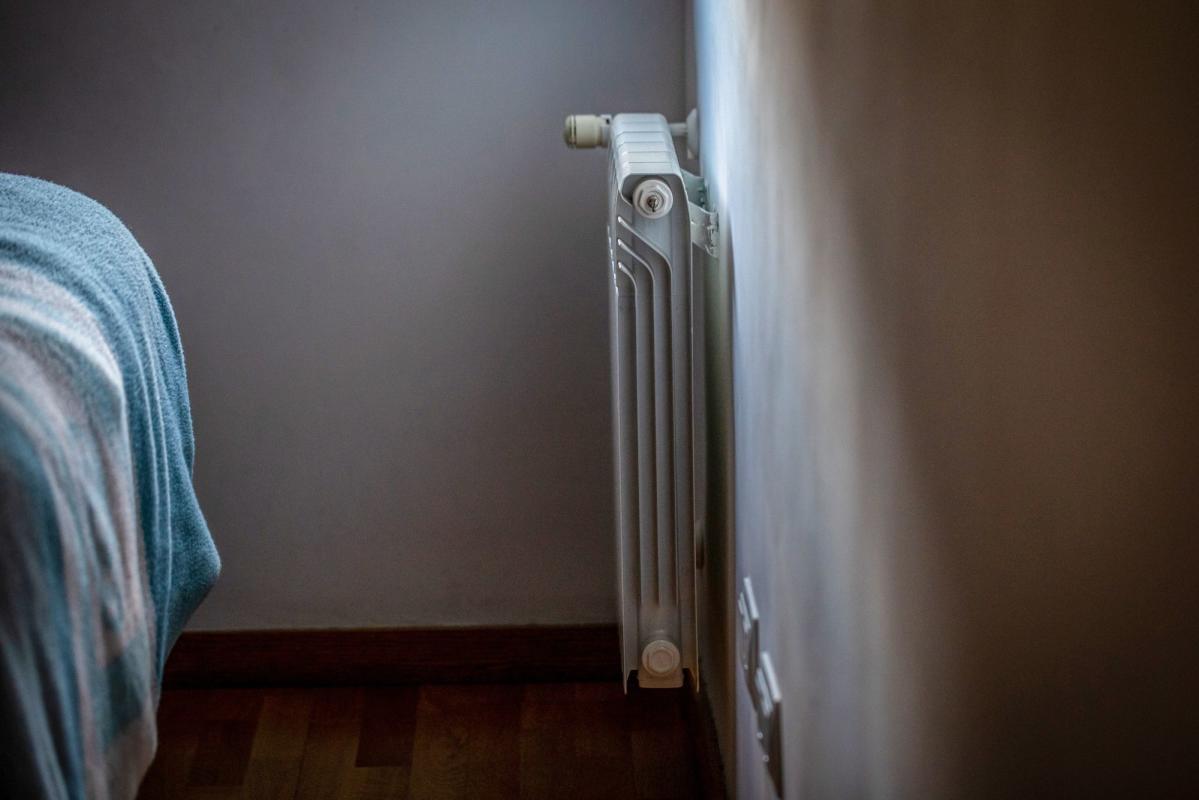
(Bloomberg) — Two UK research groups warned that the government will have to draw up previously “unthinkable” measures to protect households and businesses from a winter catastrophe caused by punishingly high energy costs.
Most Read from Bloomberg
The Resolution Foundation and the British Chambers of Commerce in separate proposals Thursday call for Covid-style emergency support to deal with soaring costs.
The remarks add to pressure on the Conservative government and the contenders to replace Boris Johnson as prime minister to bring forward immediate aid.
The calls for support came amid fresh evidence that business confidence is in freefall, with the Institute of Chartered Accountants in England and Wales saying that a surge in costs is “pushing the UK closer to recession.”
With natural gas prices at record highs, roughly 10 times the average of the last decade, thousands of households “could see their power cut off and health endangered” this winter without government action, Resolution said.
BCC, Director-General Shevaun Haviland called for urgent tax cuts and financial grants to help business “protect jobs … and ride out this economic storm.”
The energy regulator Ofgem on Friday will announce the new annual average household bill, which is expected to increase 80% to over £3,500. Another increase to £4,500 is expected in January — leaving households with energy costs four times higher than last year.
The increase in household bills, and businesses’ direct exposure to wholesale energy prices, pose an immediate challenge for the winner of the Tory leadership contest, who will take over from Boris Johnson as prime minister on Sept. 6.
“A catastrophe is coming this winter as soaring energy bills risk causing serious physical and financial damage to families across Britain,” said Jonny Marshall, senior economist at Resolution. “The new prime minister will need to think the unthinkable in terms of the policies needed to get sufficient support to where it’s needed most.”
Many households are already in trouble. The number falling behind on at least one utility bill has increased from 9% to 14% between October 2021 and June 2022, Resolution said. Philippe Commaret, a senior executive at the power generator EDF Energy UK, has warned that “more than half of UK households will likely be in fuel poverty by January.”
Resolution called for “significant fresh support … costing 10s of billions of pounds” on top of the £30 billion already committed and for it to be targeted at “low and middle-income families.” Energy price freezes, solidarity taxes and social tariffs that lower bills for lower income households should all be options, it said.
At greatest risk are the 4 million households on pre-payment meters. “They could face bills of £613 in January, equivalent to a totally unaffordable 44% of their typical monthly disposable income,” the think tank said.
It criticized both the opposition Labour party’s plan to freeze household energy bills and Conservative leadership candidate Liz Truss’s proposal for a cut in National Insurance taxes.
Under Truss’s plan “the richest fifth of households gain twice as much in cash terms as the entire poorest half of households together,” Resolution said.
Labour’s plan is even more generous to the well-off. “The richest fifth of households would benefit more in six months from the opposition party’s proposed price cap freeze than they would in a year from cancelling the National Insurance rise,” Resolution said.
The BCC published a five-point plan to help business with high energy costs and staff shortages:
-
A temporary cut in VAT sales tax from 20% to 5% to reduce energy costs
-
A temporary reversal of April’s 1.25% payroll tax rise
-
Covid-style support through government energy grants for small businesses
-
Changes to the shortage occupation list to allow foreign workers to fill low-paid job vacancies
-
New powers for the energy regulator over supply to business
The BCC’s proposals came alongside the ICAEW’s quarterly business confidence monitor that fell into negative territory for the first time since the pandemic. The ICAEW also called for “targeted support for struggling businesses and households.”
Read more:
Most Read from Bloomberg Businessweek
©2022 Bloomberg L.P.




